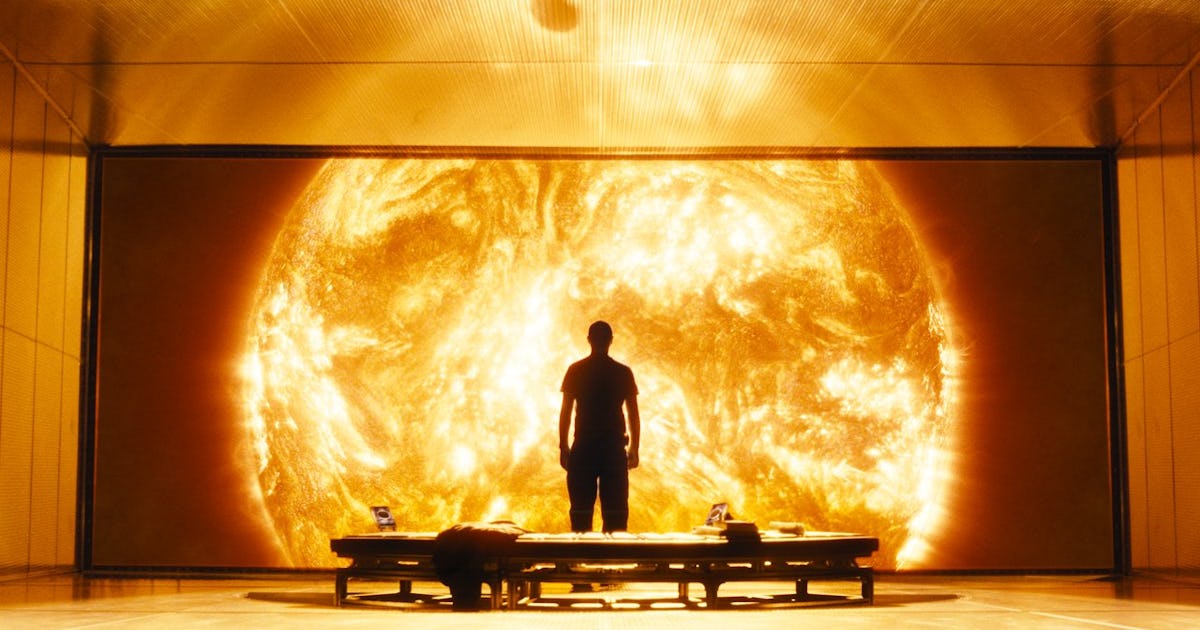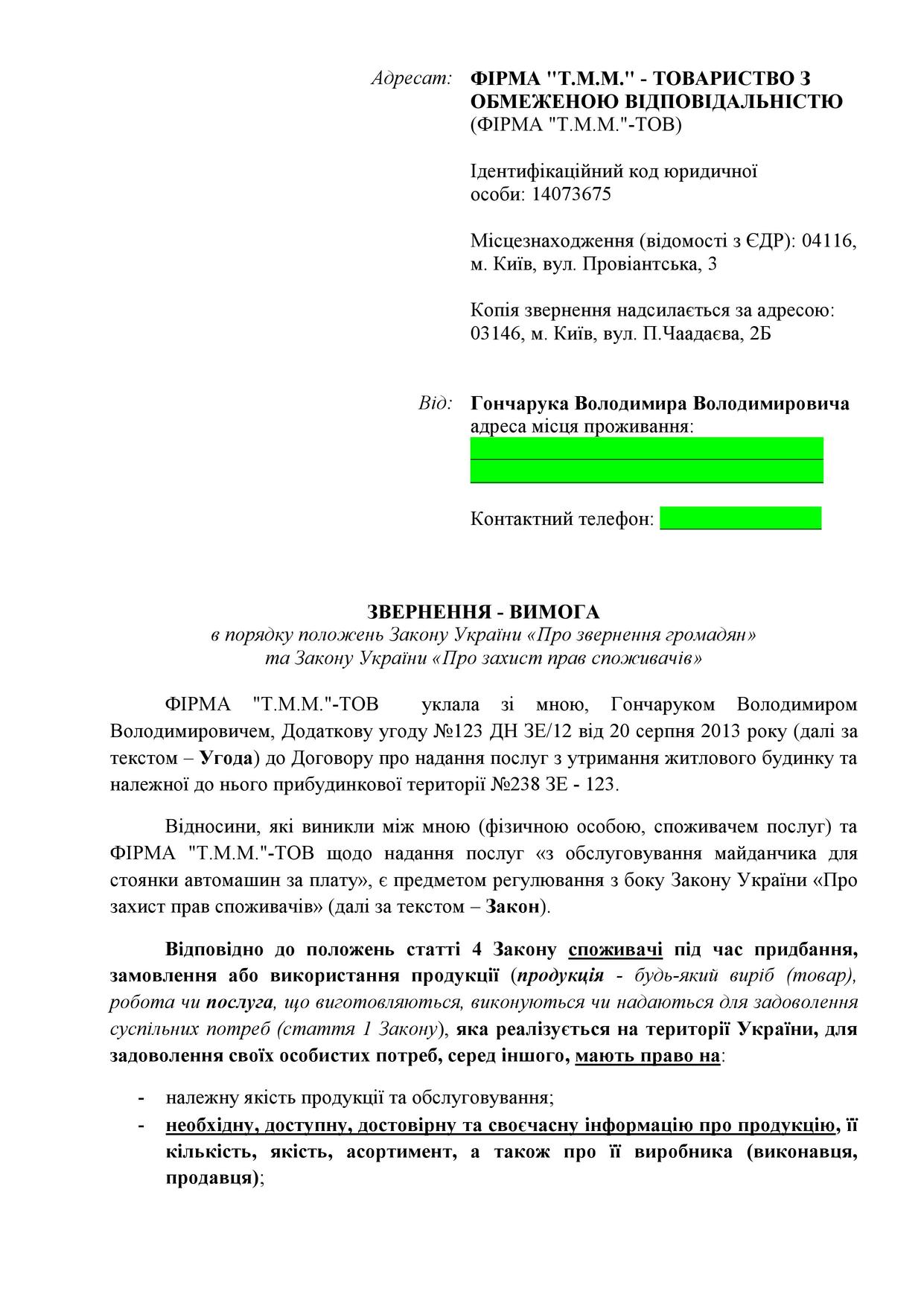Understanding The 1% Budget Debate: Clinton's Role And Veto Threats

Table of Contents
The Economic Climate and the "1%" Narrative
The early to mid-1990s presented a complex economic landscape. While the economy was recovering from a recession, income inequality was widening, leading to a growing political focus on the distribution of wealth. The debate centered around whether to increase taxes on high-income earners to fund government programs or to pursue other economic strategies. Proponents of tax increases on the wealthy argued that it was a matter of fairness and a necessary step to reduce the widening gap between the rich and the poor, citing the increasing concentration of wealth at the top as unsustainable. Opponents, however, argued that such increases would stifle economic growth, deter investment, and ultimately harm the overall economy.
The term "1%" entered the political lexicon to represent the wealthiest segment of the population, highlighting the perceived unfairness of the existing tax system. This framing resonated with a public increasingly concerned about economic inequality.
- Key economic indicators of the time: Rising national debt, slow job growth in certain sectors, and a widening gap between the richest and poorest Americans.
- Public opinion polls regarding tax increases: Public opinion was divided, with varying levels of support for tax increases depending on the proposed tax rates and how the revenue would be used.
- Arguments used by proponents and opponents of tax hikes on the wealthy: Proponents emphasized fairness and funding for social programs. Opponents warned of economic stagnation and capital flight.
President Clinton's Stance and Budget Proposals
Clinton's proposed budget aimed to address the economic challenges of the time while tackling the growing issue of income inequality. His plan included significant tax increases, particularly targeting higher income brackets, to fund investments in infrastructure, education, and other social programs. His rationale was that the wealthiest Americans could afford to contribute more to the common good, thereby reducing the deficit and investing in the nation's future.
- Specific tax proposals targeting higher income brackets: Clinton proposed increases in income tax rates for high earners and higher capital gains taxes.
- Spending priorities in Clinton's budget: Investments in infrastructure, education, and welfare programs were central to Clinton's proposals.
- Clinton's public statements regarding the budget and economic policy: Clinton frequently emphasized the need for shared responsibility and a fairer tax system to benefit all Americans, not just the wealthy.
Congressional Opposition and the Veto Threat
Clinton's budget faced stiff opposition from the Republican-controlled Congress, which argued that his tax increases were economically harmful and infringed on individual liberties. They proposed alternative budgets focused on spending cuts and different approaches to economic growth. Clinton skillfully utilized the threat of a veto to shape the legislative process, forcing compromises and ultimately influencing the final budget.
- Key arguments made by congressional opponents: Republicans argued that the tax increases would harm the economy and that spending cuts were a more effective approach to deficit reduction.
- Specific legislative battles over the budget: The budget process involved numerous compromises and negotiations between the White House and Congress, with Clinton using his veto power as leverage.
- Examples of Clinton's veto threats and their effectiveness: Clinton's willingness to veto legislation proved a powerful tool in securing compromises more favorable to his agenda. The threat of a veto often forced Congress to reconsider its positions and negotiate more seriously.
The Political Fallout and Long-Term Impacts
The 1% budget debate had lasting consequences. Clinton's strategy, while successful in passing certain parts of his budget, also fueled partisan gridlock and further polarized the political climate. The debate also significantly influenced subsequent discussions surrounding wealth inequality and tax policy, shaping the ongoing conversation about the role of government in addressing economic disparities.
- Short-term and long-term economic effects: The budget's impact on economic growth and income inequality remains a subject of ongoing debate among economists.
- Changes in political discourse surrounding wealth inequality: The debate solidified the "1%" as a key term in the political vocabulary and amplified the discussion of economic inequality.
- The legacy of Clinton's budget policies: While some aspects of Clinton's budget remain controversial, his use of the veto power and focus on addressing wealth inequality continue to be studied as examples of presidential leadership.
Conclusion: Understanding Clinton's Legacy in the 1% Budget Debate
President Clinton's approach to the 1% budget debate, marked by his proposed tax increases on higher earners and strategic use of veto threats, left an indelible mark on American politics and economics. Understanding this historical context is crucial for analyzing contemporary debates on wealth inequality and tax policy. The debate’s legacy continues to resonate today as policymakers grapple with similar issues of economic fairness and the role of government in addressing income disparities. To further understand the complexities of the 1% budget debate and President Clinton's significant influence, explore [link to relevant resource on Clinton's presidency and economic policies]. Keywords such as "Clinton's budget," "1% tax debate," "economic policy," and "veto power" will prove beneficial in your research.

Featured Posts
-
 Movies Leaving Hulu In Month Plan Your Watchlist Now
May 23, 2025
Movies Leaving Hulu In Month Plan Your Watchlist Now
May 23, 2025 -
 Liga Natsiy Povni Rezultati Ta Rozklad Na 20 03 2025
May 23, 2025
Liga Natsiy Povni Rezultati Ta Rozklad Na 20 03 2025
May 23, 2025 -
 Gospodaryuvannya Bez Storonnikh Tov Z Odnim Uchasnikom
May 23, 2025
Gospodaryuvannya Bez Storonnikh Tov Z Odnim Uchasnikom
May 23, 2025 -
 Where To Buy Cat Deeleys Mint Velvet Dress A Liverpool One Shopping Guide
May 23, 2025
Where To Buy Cat Deeleys Mint Velvet Dress A Liverpool One Shopping Guide
May 23, 2025 -
 F1 Season Opener Wolffs Upbeat Assessment
May 23, 2025
F1 Season Opener Wolffs Upbeat Assessment
May 23, 2025
